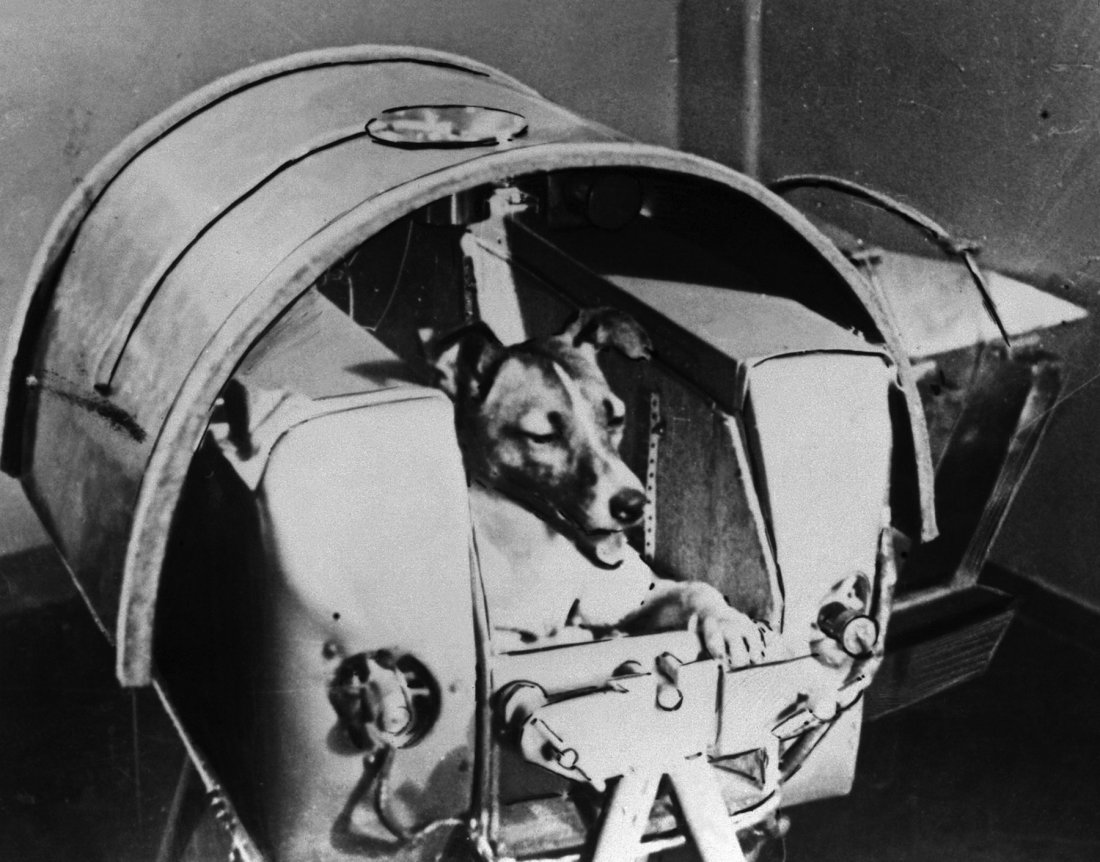India’s excellence in science and technology comes as no surprise. Regardless of ages, India’s indigenous knowledge about the universe and its matter has always led the scientists from the state to marvel in their respective fields, introducing technologies to the world that later served as the foundation to today’s so-called “Future Tech”.
Thinking Tech presents Indian Inventions –
9 Indian inventions and discoveries that made today’s technological advancement possible
1. Medicine

Extensive knowledge of medical branches such as anatomy, physiology, etiology, embryology, digestion, metabolism, genetics and immunity were discovered in India; Vedic texts have confirmed that.
The Father of Medicine, Charaka, consolidated the studies of Ayurveda 2500 years ago. Charaka is credited to be the main contributor to the science of Ayurveda; which is the earliest school of medicine known to mankind.
For example, the world came to know Anaesthesia in the 13th century; it has its origins in India beyond that.
2. Mathematics

The whole world knows about the India’s contribution in the field of Mathematics. Among all, the invention of “zero” is famously known to have its origin in India, while not many people know that the binary system was also first introduced in and by India only.
Binary numbers were first described by Pingala (c. 200 BC). Pingala is the traditional name of the author of the Chandaḥśāstra, the earliest known Sanskrit treatise on prosody.
3. Surgery
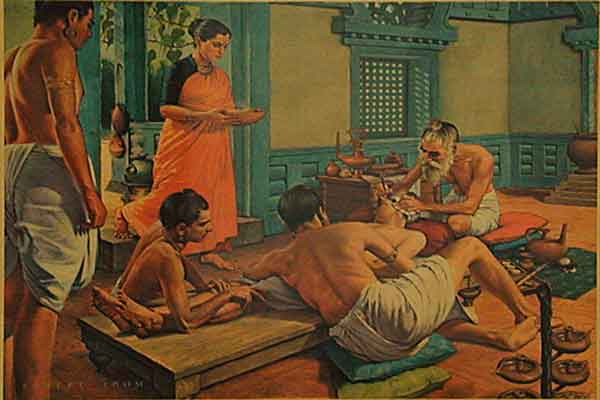
The ancient physician Shusrata (6th century BCE), known as the founding father of surgery practiced and taught his skills on the banks of river Ganga. He authored a book which had various volumes, collectively known as ‘Susrutha Samhita’.
Shushruta practiced complicated surgeries like cataract, cesareans, fractures, urinary stones, plastic surgery and brain surgeries.
Indians were pioneers in Plastic Surgery. It was carried out in India as early as 2000 BCE.
4. Navigation
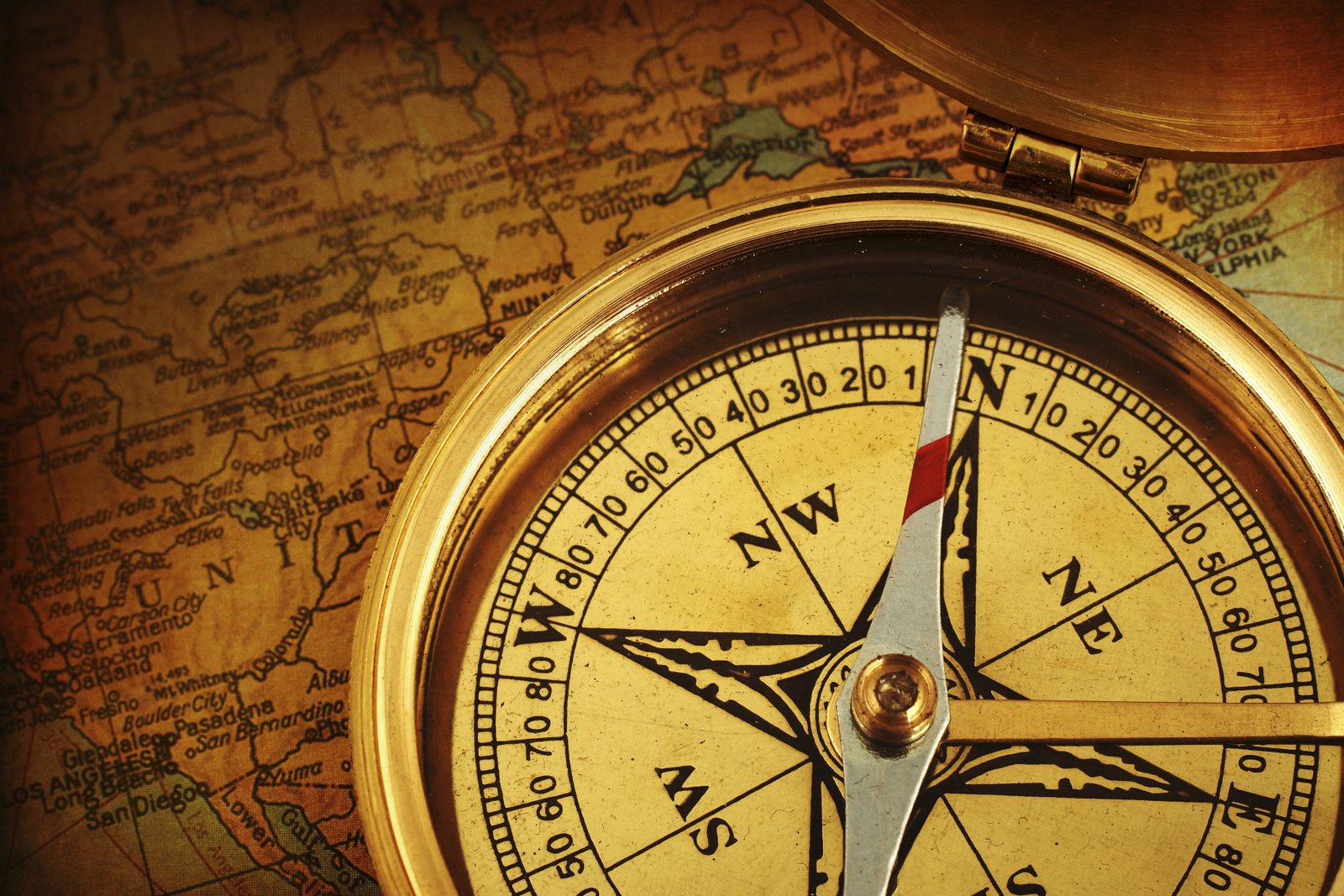
The art of navigation was developed 6,000 years ago in the river Sindh. The very word ‘Navigation’ itself is derived from the Sanskrit word ‘Navgatih’. The word navy is also derived from the Sanskrit word ‘Nou’.
Indian civilization has been existing without a break for the last few millennia. This means there have been external connections and indigenous maritime assets to make travels possible. It also precludes the requirement of knowledge of the seas i.e. a compass, giving the proof for the say.
5. Wireless Communication
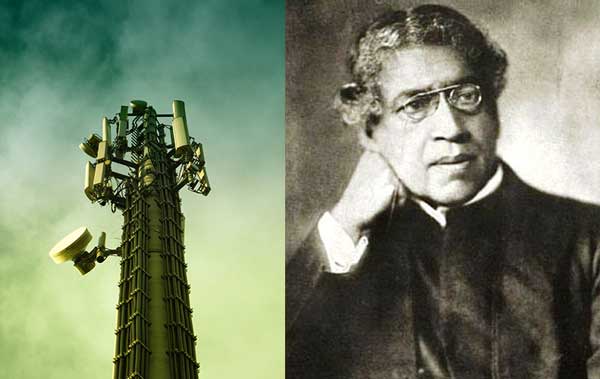
We all know that Marconi received a Nobel Prize in Physics in 1909 for contribution to the development of wireless telegraphy. But the first public demonstration of radio waves for communication was made by Sir Jagdish Chandra Bose in 1895, two years prior to Marconi’s similar demonstration in England.
Sir Bose was posthumously credited (more than a century later) for his achievement. The fact remains that this discovery truly shaped the face of modern wireless communication.
6. Ink

Many ancient cultures and civilizations independently discovered and prepared ink for writing purposes. The source of carbon pigment used in Indian Ink (called musi) used in ancient India, was India. Since 4th century BC, the practice of writing with ink with a sharp pointed needle was common in South India.
7. Metallurgy
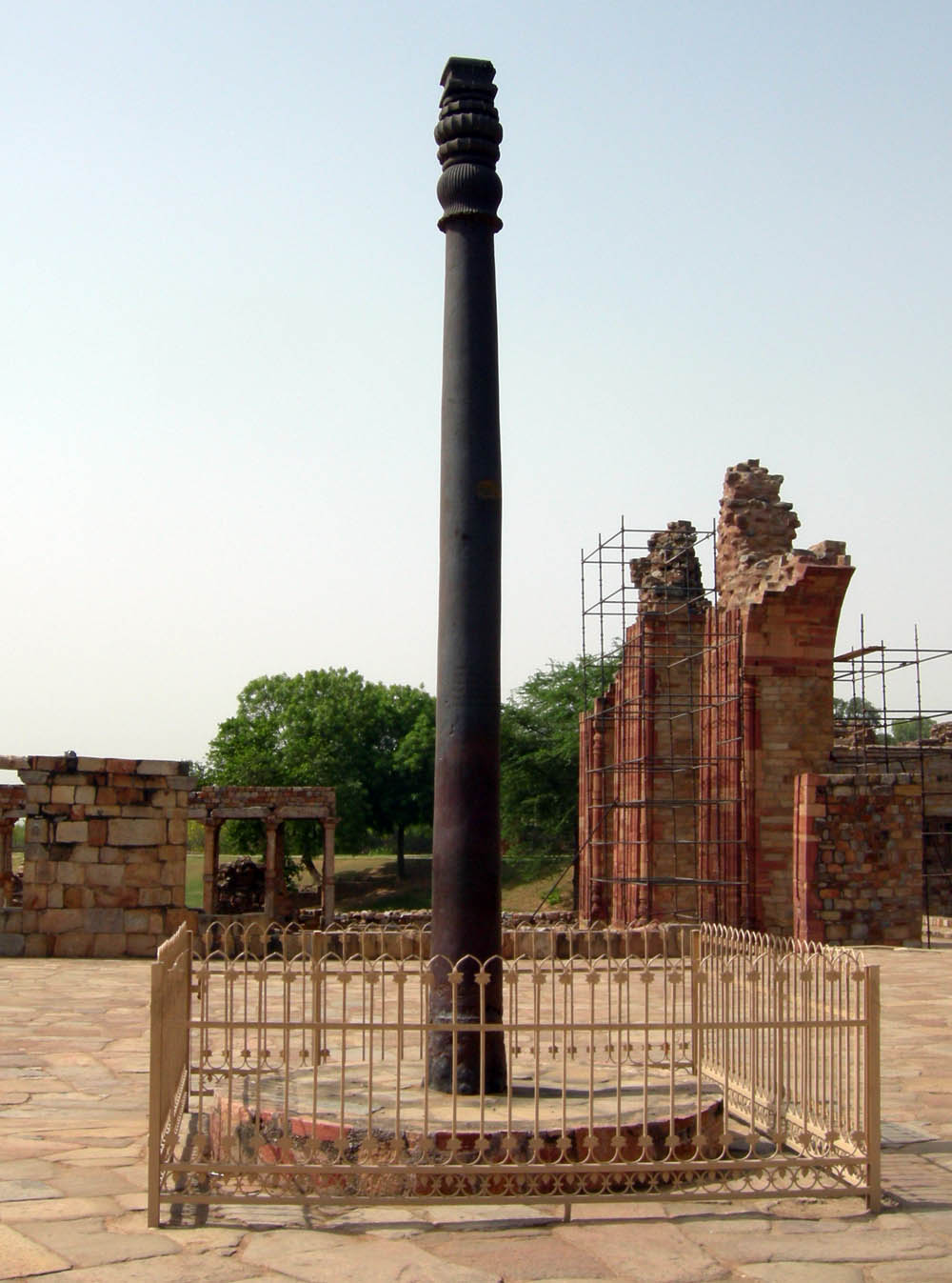
Ancient Indians were pioneers in metallurgy. India produced high-quality steel almost two thousand years before it was understood by the West. One of the most remarkable feats in metallurgy: creating a seamless celestial globe, was invented in Kashmir. It was earlier considered impossible to create a metal globe without seams.
Not to mention, the iron pillar at the Qutub Minar Campus, Delhi. Even after 1,600 years of its erection that reportedly took place in 402 AD, the pillar is notable for its rust-resistant composition.
8. Fiber Optics
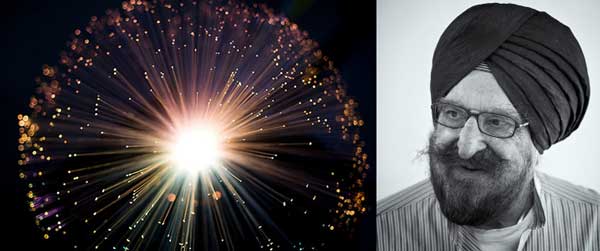
Named as one of the 7 ‘Unsung Heroes’ by Fortune Magazine, Dr. Narinder Singh Kapany, is widely recognized as the ‘Father of Fiber Optics’ for his pioneering work in Fiber Optics technology.
9. Astronomy
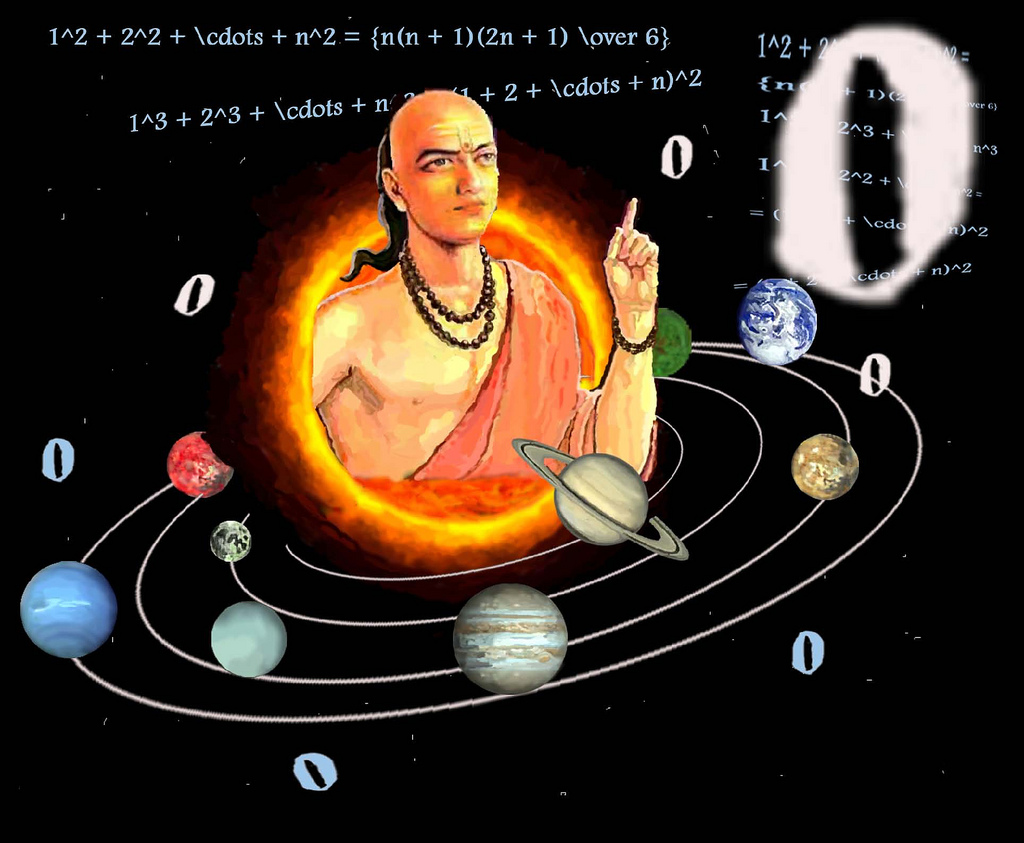
Apparently, Indian mathematical advancement led to several astronomical discoveries. While, there is a lot to brag about ancient India’s knowledge about astronomy, It’s a rarely known fact that the time to orbit the Sun was first and rightly calculated by Bhaskaracharya hundreds of years ago before the European scientists could find. According to Bhaskaracharya, the time taken to orbit the Sun was 365.258756484 days.
Interestingly, if we never understood the physics of the earth and moon through astronomy, we would never have understood how to have artificial satellites that power most of the modern communication. Geosynchronous satellites would never have been understood. Also, your GPS would never have been invented.



